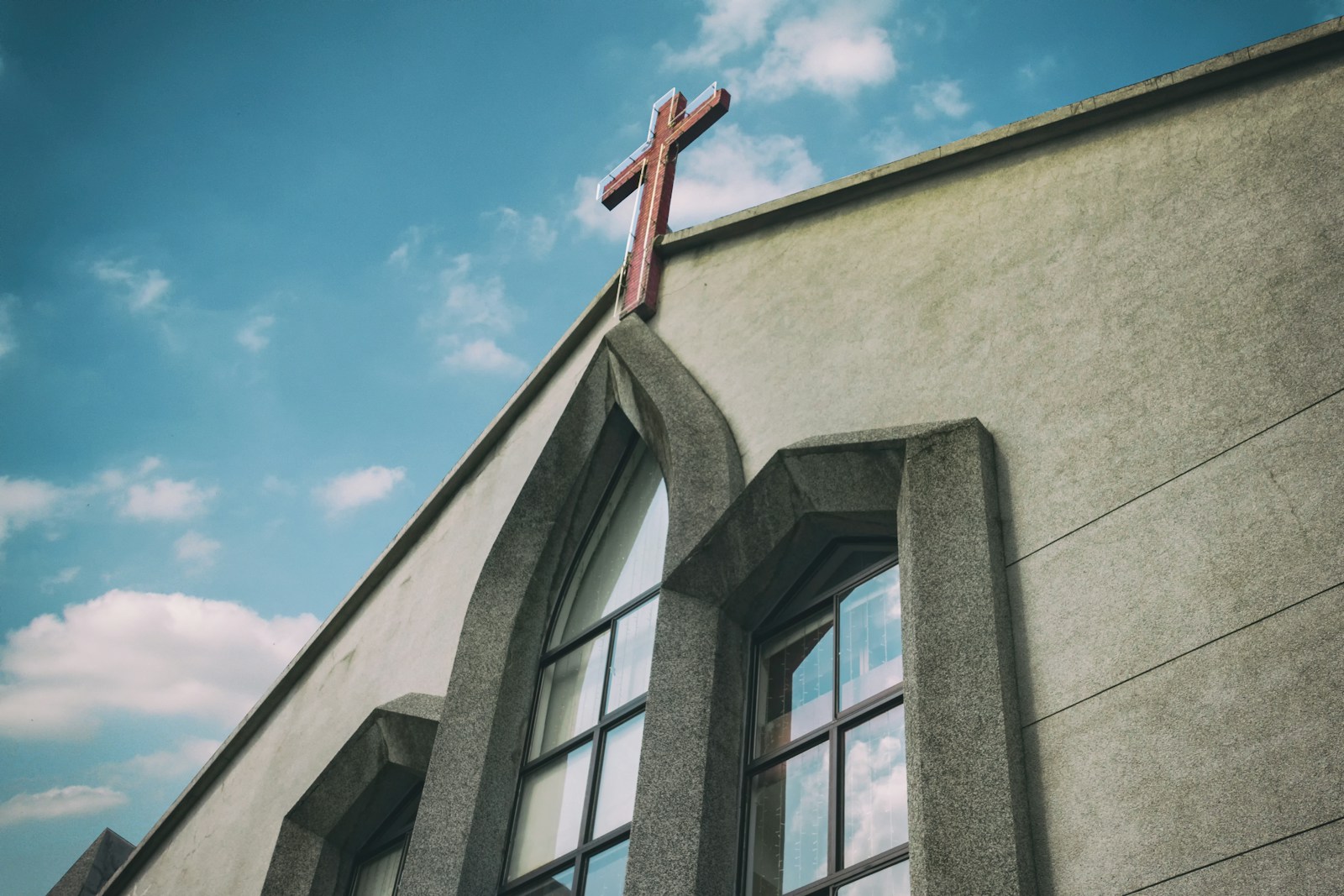The Vision Seen: A Prophetic Cycle (Isaiah 2-5)
Exploring the Book of Isaiah
The second part of the Book of Isaiah’s vision (Isaiah 2:1) shifts from the initial indictment of Israel’s rebellion to a panoramic view of God’s response. This section, likely delivered toward the end of the prosperous yet spiritually compromised reign of King Uzziah, outlines a pattern of judgment leading to ultimate restoration—the Prophetic Cycle in action.
The Background of Pride and Prosperity
The prophecies in chapters 2–5 gain depth when viewed against the backdrop of King Uzziah’s success.
- The Golden Age: Uzziah’s 52-year reign (c. 783–740 BC) brought Judah military strength (an army of 307,500), territorial expansion, and technological advancement (making “machines of war”). For a time, “as long as he sought the LORD, God made him successful” (2 Chron. 26:5).
- The Fall of Pride: This prosperity fostered pride. Uzziah’s story ends tragically: “when he became strong, his heart was so proud that he acted corruptly,” attempting to illegally offer incense in the Temple, resulting in him becoming a leper king (2 Chron. 26:16).
- National Corruption: This pride filtered down, making Israel materialistic, militarily focused, and filled with pagan superstitions from the east (Isa. 2:6-7).
The Panorama of Vision: Judgment and Exaltation
Isaiah $2–5$ presents a sequence of visions that move from the glorious future to the painful present, detailing God’s reckoning with human arrogance.
1. The Ultimate Exaltation (Isaiah 2:2–4)
Isaiah begins with a promise of the far end of history—the glorious Messianic Age:
- Jerusalem Exalted: The mountain of the house of the Lord will be established as the chief of mountains.
- Global Peace: All nations will “stream to it” to be taught God’s ways, resulting in universal peace. They will literally “beat their swords into plowshares” and “never again… learn war.”
- Theological Link: This serves as the end goal. All intervening judgment is designed to clear the path for this righteous kingdom.
2. The Humbling of the Proud (Isaiah 2:5–21)
This vision contrasts the glorious future with the corrupted present. God has abandoned His people because they first abandoned Him for idolatry, materialism, and foreign alliances (Isa. 2:6-9).
- The Day of the LORD: This day of reckoning is reserved for the arrogant. It is directed “Against everyone who is arrogant and haughty… that he may be brought low” (Isa. 2:12).
- Idolatry as Arrogance: Isaiah views reliance on wealth, military might, and superstitious customs (like those found in various cultures) as arrogance before God. On this Day, human pride, symbolized by Lebanon’s cedars, Bashan’s oaks, high towers, and ships of Tarshish, will be leveled.
- The Result: The Lord alone will be exalted, and the people will abandon their idols of silver and gold to the moles and the bats (Isa. 2:17, 20).
3. Woes Against Corrupt Leaders (Isaiah 2:22–4:1)
God’s judgment moves from the spiritual realm to the social, targeting the corrupt fabric of Judah’s society.
- Men Humbled: God will remove all sources of human support—the mighty men, judges, prophets, and counselors—leaving “mere boys” and “mischievous children” to rule (Isa. 3:1-4). This removal is punishment for leaders who have oppressed the poor (Isa. 3:14-15).
- Women Humbled: The judgment then falls on the haughty daughters of Zion, who flaunt their wealth and beauty. God declares He will remove their extensive, expensive ornaments, replacing beauty with stench and branding (Isa. 3:16–24).
- The Lesson: This teaches that leaders who abuse authority will give account to God, and pride in man-made beauty is arrogance (1 Peter 3:3-4). The Day of the LORD will purge corrupt leadership and worldly obsession.
4. The Branch of the LORD (Isaiah 4:2–6)
The vision snaps back to the restoration, focusing on the survivors of judgment.
- The Messiah: The Branch of the Lord (a messianic title for Jesus Christ) will appear, beautiful and glorious, to establish a peaceful, prosperous government.
- Purification: The Lord will wash away the filth of the daughters of Zion and purge bloodshed by the “spirit of judgment and the spirit of burning.”
- New Covenant Presence: Just as He did in the wilderness, God will create over Mount Zion a cloud by day and a flaming fire by night, signifying His glorious, protective presence over the holy, repentant remnant.
5. The Parable of the Vineyard and Final Woes (Isaiah 5)
Chapter 5 serves as a final, intense warning and justification for the coming exile.
- The Vineyard Parable: God sings a “bittersweet song” about Israel, His delightful plant. He did everything necessary for the vineyard, yet when He looked for justice and righteousness, it produced only bloodshed and a cry for help (Isa. 5:1-7).
- The Judgment: God will remove the vineyard’s protective hedge and command the clouds not to rain on it, symbolizing God leaving Israel unprotected and uncultivated—a foreshadowing of the Babylonian exile and the temporary focus on the Gentiles (Matt. 21:43).
- Woes of Wrath: The chapter closes with six specific “woes” against the wicked: the greedy (v. 8), the pleasure-seekers (v. 11), the provocateurs (v. 18), those who confuse good and evil (v. 20), the self-wise (v. 21), and the corrupt judges (v. 22).
- The Final Word: God’s anger is kindled, and He whistles for a distant nation (Babylon) to swiftly come and execute judgment (Isa. 5:25-26). This shows that God’s judgment is not exhausted but will be applied until the end.
Conclusion: God’s Purpose Accomplished
Isaiah’s vision moves from the end (the glorious Messianic Kingdom) back to the beginning (the present judgment) to show that God’s ultimate plan is certain.
God begins with the end in mind, then works backward to the present, allowing events to unfold under His providence to ensure His purpose is accomplished (Isa. 46:10). No one escapes judgment, but for God’s children, that judgment is a purifying fire intended for our eventual restoration in Christ, the true Branch and Glory of the Lord.


